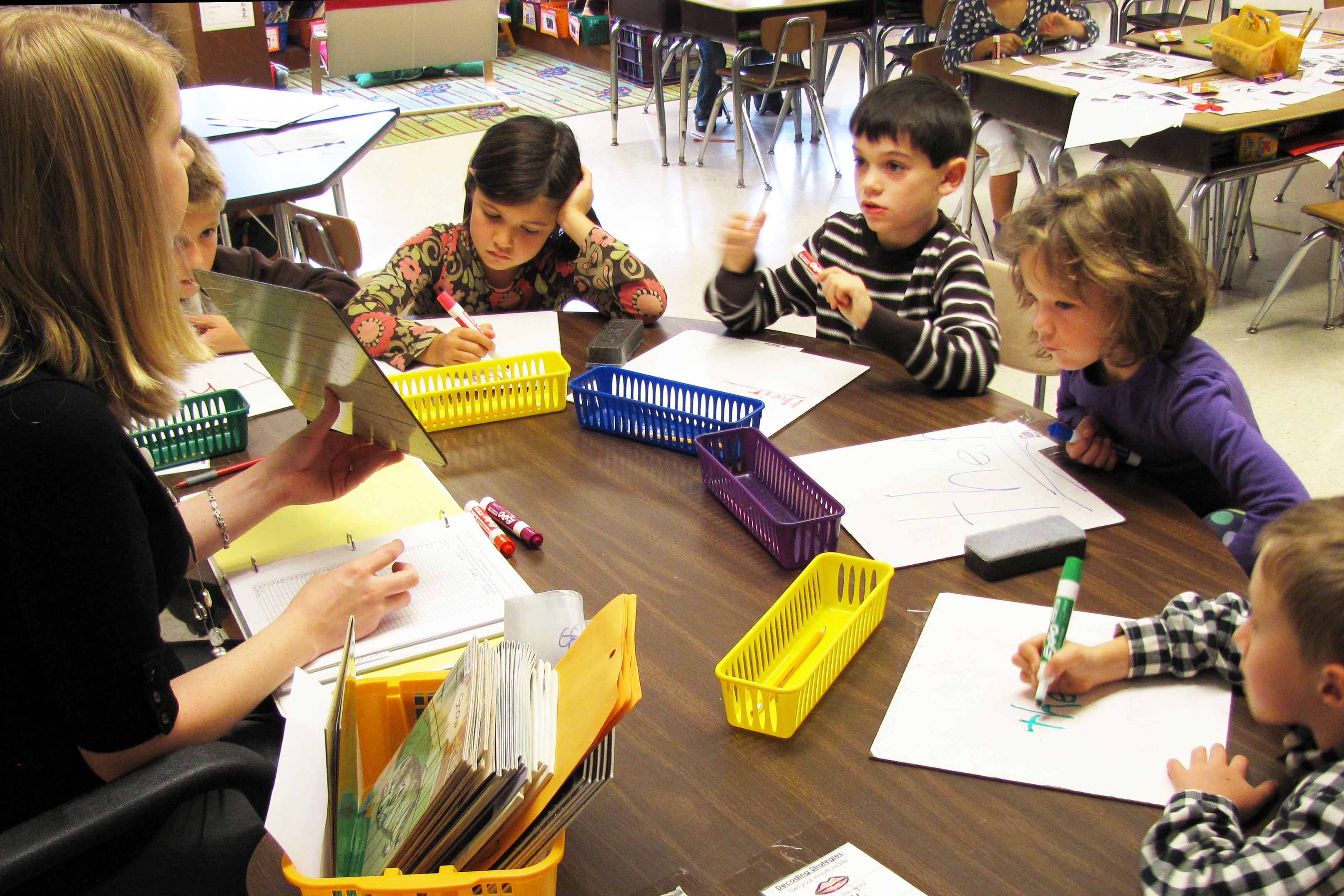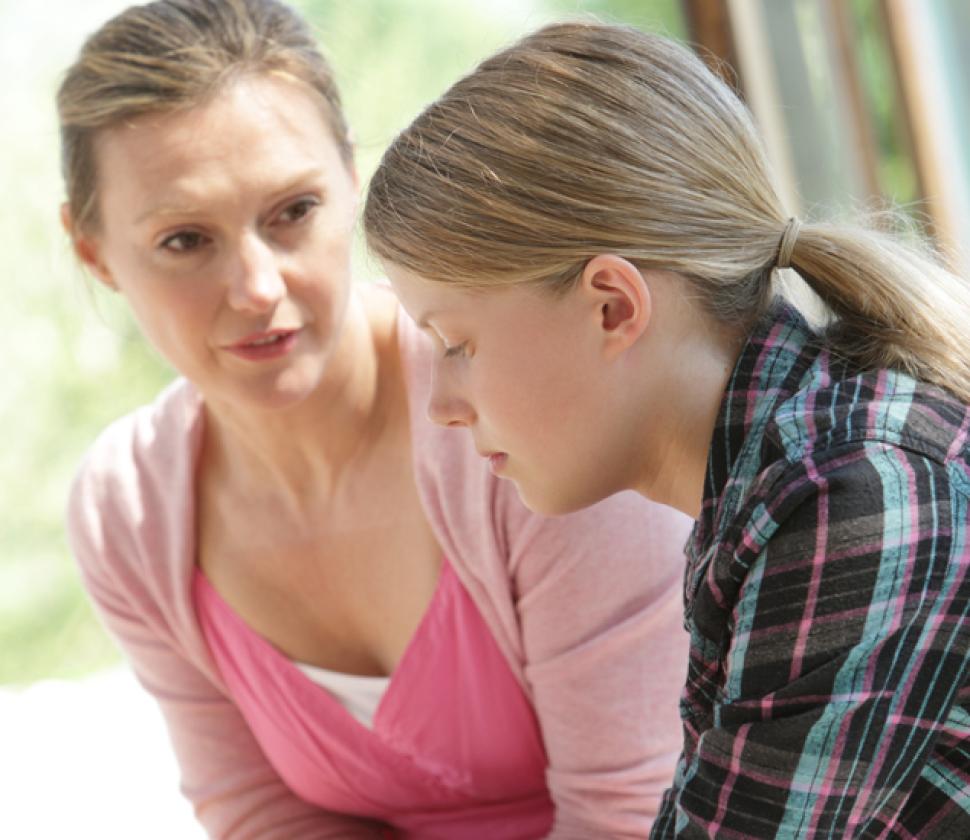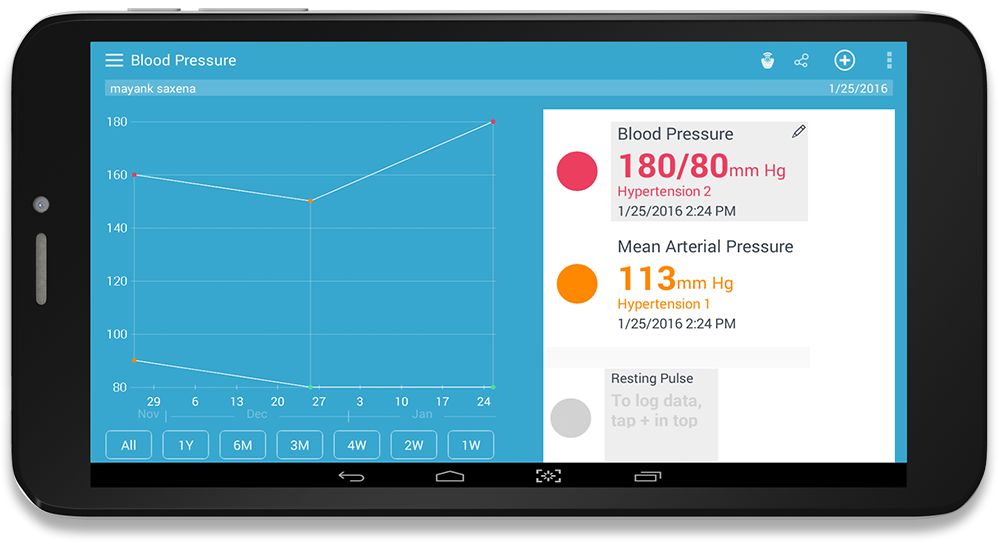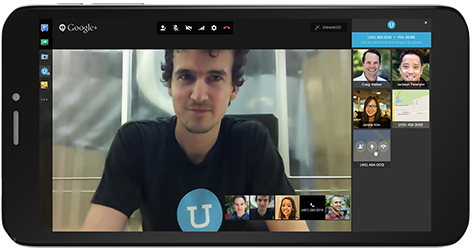
Parenting Tips: Coping with Peer Pressure
Does your child refuse to take the same lunch to school two days in a row? Of course, it might be boring to do so, but have you considered that it could be due to peer pressure? You child might be feeling embarrassed or might even have been mocked for the lunch s/he brings. Peer pressure could work in the most insidious way and you won’t even realize it. And it is something that all of us will experience at some point in life. So, what do you as a parent do to prepare your child to cope best with it? Here are some parenting tips to help you help you child.
What Can Parents Do To Help?
Peer pressure can make a child anxious, depressed and can even hamper their development. He/she may be forced to do things that they might not want but are scared to offend the peers. As a parent, it becomes imperative that you provide a strong support system to your young one. A strong support system at home and a relationship that fosters trust can help a child cope with such social issues. Here are some parenting tips that work.
Strengthen the Bond with Your Child

Tip 1: Bond with your Child
A good and healthy relationship between you and your child is essential. You’ll only be able to solve their issues when they trust you enough to confide in you about their everyday experiences.
Promote Your Child’s Self-esteem

Promote Self Esteem
Children with high self esteem and confidence are more likely to mingle with likeminded children, creating positive energies. They are also more likely to be able to say NO to pressure. So, you’re your child develop positive self worth so that s/he can differentiate between the good and bad on their own.
Set a Good Example
Children learn by example. Set a good example by showing them how you behave with your friends and tackle negative peer pressure.
Talk to Your Child About Peer Pressure

Communicate is Key to Good Parenting
Do not approach the subject directly if you think it to be a soft spot. If your child approaches you, listen to them and support them. Do not overreact. Overreacting in such a situation will discourage your child from talking to you in future. Tell them how they can solve the situation and let them do it themselves. Communicate through means that they prefer, whether it is on WhatsApp or in person. Chances are he/she may open up more indirectly.
Draw the Line
Draw the line when to stop your child from behaving like his peers and when not to. If you stop your kid for small issues, such as following a hairstyle trend or wearing certain clothes, chances are they may never take your view when there are more difficult issues.
Help Your Child Develop Good Decision Making Skills

Decision Making Skills Aid Childhood Development
Encourage your children to take decisions on their own. Show him the way to differentiate between the good and bad. You need to help them develop confidence in their own decision making abilities. If they are confident enough to make a decision on their own, they will be less likely to follow what others have decided for them. This will also help your child give appropriate responses to other children who pressurise her/him to participate in high-risk activities.
Know Your Child’s Friends Circle

Parents Can be Friends Too
It is very important that you are aware of your child’s friends circle and their behaviour patterns. Your child might be hanging out with a bully at school, which can have long-term negative impacts on his personality and emotional & mental health. Knowing your child’s friends is essential to know your child better in order to help her/him in times of need. Their Facebook friends list might give you an insight into their friends circle too. And don’t forget, you are their friend too. So, act like one.




